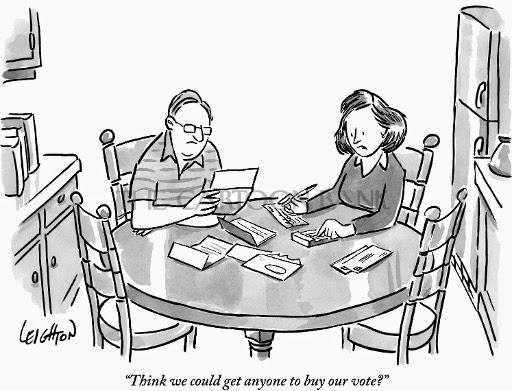There is enough said about the importance of family in our lives.
But don't you think friends play an important role too?
Coming to think of it, the existence, extent and depth of friendship in a society is an important indicator of the depth of its civilization.
Thinkers like Aristotle, Cicero and Montaigne have considered friendship as the pre-eminent human institution.
The need for friendship is atavistic. There are many who can live without marriage but there are very few who can be happy without friends. While the absence of justice and honor in our life can rankle but the absence of friendship is to be without the one thing that can salve all other absences.
Lovers face each other but friends stand side by side. So much of deep friendship is about thinking through important stuff together. What job to take? Whom to marry?.
Friends bring out better versions of ourselves. Haven't you noticed how unguarded and fluid we feel when you are around your friends? Wittier and smarter even?
Friendship is about forming a self-improving mutual admiration society of two. Very unlike Facebook which is mainly the mindless, mutual preening of a horde.
Friendship seems to be on the wane in modern times at least in the developed Western world. In the US in 1985 the General Society Survey found that people tended to have three really close friends. By 2004 a Duke University and University of Arizona Survey found that it had dwindled down to two. Something to do with the pace and stresses of modern life? The Frankenstein of proliferating media and entertainment consumption? The mass delusion engendered by an increasing number of Facebook friends, names on our mailing list and contacts on our smart phones?
For many of us who live in Belonger type societies like India might still not acutely suffer from a lack of close friends but in our dash towards achievement and prosperity we would do well to remember that life is a very ugly place not to have a best friend.
“Piglet sidled up to Pooh from behind. "Pooh?" he whispered.
"Yes, Piglet?"
"Nothing," said Piglet, taking Pooh's hand. "I just wanted to be sure of you.” ― A.A. Milne, Winnie-the-Pooh
But don't you think friends play an important role too?
Coming to think of it, the existence, extent and depth of friendship in a society is an important indicator of the depth of its civilization.
Thinkers like Aristotle, Cicero and Montaigne have considered friendship as the pre-eminent human institution.
The need for friendship is atavistic. There are many who can live without marriage but there are very few who can be happy without friends. While the absence of justice and honor in our life can rankle but the absence of friendship is to be without the one thing that can salve all other absences.
Lovers face each other but friends stand side by side. So much of deep friendship is about thinking through important stuff together. What job to take? Whom to marry?.
Friends bring out better versions of ourselves. Haven't you noticed how unguarded and fluid we feel when you are around your friends? Wittier and smarter even?
Friendship is about forming a self-improving mutual admiration society of two. Very unlike Facebook which is mainly the mindless, mutual preening of a horde.
Friendship seems to be on the wane in modern times at least in the developed Western world. In the US in 1985 the General Society Survey found that people tended to have three really close friends. By 2004 a Duke University and University of Arizona Survey found that it had dwindled down to two. Something to do with the pace and stresses of modern life? The Frankenstein of proliferating media and entertainment consumption? The mass delusion engendered by an increasing number of Facebook friends, names on our mailing list and contacts on our smart phones?
For many of us who live in Belonger type societies like India might still not acutely suffer from a lack of close friends but in our dash towards achievement and prosperity we would do well to remember that life is a very ugly place not to have a best friend.
“Piglet sidled up to Pooh from behind. "Pooh?" he whispered.
"Yes, Piglet?"
"Nothing," said Piglet, taking Pooh's hand. "I just wanted to be sure of you.” ― A.A. Milne, Winnie-the-Pooh
















































